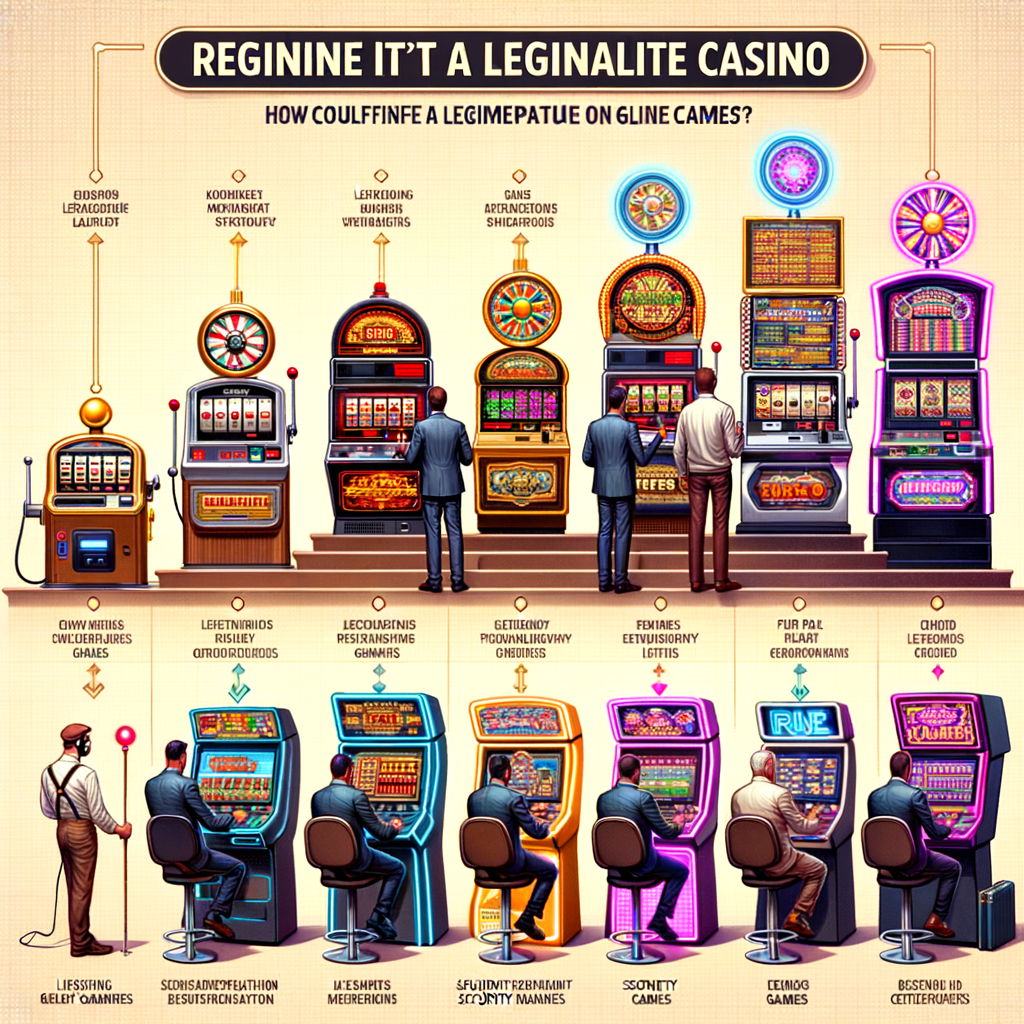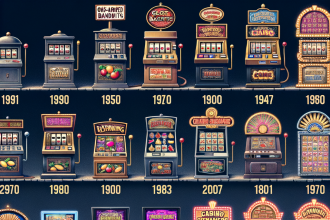The gambling industry has grown exponentially over the last few decades, evolving into a multi-billion dollar global enterprise. In this dynamic environment, the concept of a casino license plays a pivotal role in maintaining order, establishing trust, and ensuring fair play. Understanding what a casino license is and why it is essential not only contributes to the integrity of the industry but also protects players and investors alike. This article will delve into the definition and scope of casino licenses, as well as their critical role in upholding industry integrity.
Understanding Casino Licenses: Definition and Scope
Definition of a Casino License
A casino license is an official permit issued by a governing authority that allows an entity to operate a casino legally. This license is not merely a formality; it serves as a regulatory measure designed to ensure that gambling activities adhere to specific legal and ethical standards. Licensing requirements can vary significantly between jurisdictions, reflecting the local laws and cultural attitudes towards gambling.
In most cases, a casino must secure a license before it can commence operations. This involves submitting thorough documentation that showcases its business model, financial stability, and compliance with any applicable regulations. The licensing process often includes background checks on owners, operators, and key personnel to ensure they are fit to run a gambling establishment.
Scope of Casino Licenses
The scope of a casino license extends beyond simple permission to operate. It encompasses a variety of responsibilities and obligations that the licensed casino must adhere to throughout its operational lifespan. This includes maintaining game fairness, ensuring responsible gambling practices, and safeguarding player information.
Casino licenses can be categorized into several types, depending on the jurisdiction and the specific focus of the regulation. For example:
- Commercial Licenses: Typically issued to large casinos that operate on a for-profit basis.
- Charitable Licenses: Granted to non-profit organizations conducting gaming events for fundraising purposes.
- Online Gaming Licenses: Specific to digital casinos that offer gambling services over the internet.
This categorization illustrates the multifaceted nature of casino licensing and highlights how it aligns with the broader regulatory framework governing gambling activities.
The Licensing Process
Acquiring a casino license is a complex and often lengthy process. While the exact procedures vary by jurisdiction, several common steps are typically involved:
- Application Submission: The casino operator must complete a detailed application form, providing information on ownership, business plans, and operational strategies.
- Background Checks: Authorities conduct extensive background checks on all key stakeholders to ensure they meet legal and ethical standards.
- Financial Review: The financial stability of the casino must be verified, often requiring proof of funds and business projections.
- Compliance Inspection: Regulators may conduct on-site inspections to ensure that the casino’s physical and operational aspects comply with the stipulated requirements.
- Approval and Issuance: Once all criteria are met, the governing body will grant the casino license, allowing the establishment to operate legally.
Each step in this process is designed to ensure that only reputable and compliant operators are granted the privilege of running a casino.
The Critical Role of Casino Licenses in Industry Integrity
Ensuring Fair Play and Transparency
One of the most significant roles of a casino license is to ensure that gaming activities are conducted fairly and transparently. Licensed casinos are required to use random number generators (RNG) and other technologies that guarantee the fairness of games. Regulators often require regular audits and inspections to confirm compliance with these standards.
By adhering to strict regulations, licensed casinos help foster player confidence. Gamblers are more likely to participate in licensed establishments where they know their chances of winning are genuine and their experiences are transparent. This trust is crucial for the long-term sustainability of the gambling industry.
Protecting Players and Promoting Responsible Gaming
Casino licenses also play a vital role in protecting players. Licensed operators are mandated to implement responsible gaming measures, such as self-exclusion programs, limits on betting amounts, and access to support for those struggling with gambling addiction. These measures are essential in promoting a safe gambling environment where players can enjoy themselves while minimizing risks.
Furthermore, the existence of a regulatory body overseeing casino operations ensures that players have a recourse in case of disputes. If a player feels wronged—whether due to unfair practices or security breaches—they can file a complaint with the governing authority, which will investigate the issue accordingly.
Enhancing Industry Reputation and Attracting Investment
The integrity of the gambling industry as a whole is closely tied to the licensing of individual casinos. A robust licensing system helps to uphold the reputation of licensed operators, making it less likely that they will engage in unethical practices such as fraud or corruption. This integrity, in turn, encourages new investments in the casino sector.
Investors and stakeholders are more inclined to put their money into well-regulated casinos, knowing that their investments are safeguarded by strict oversight. A positive reputation not only attracts funding but also enhances the overall economic contribution of the casino industry to local and national economies.
| Aspect | Licensed Casinos | Unlicensed Casinos |
|---|---|---|
| Fair Play | Regularly audited for fairness | No guarantees on game fairness |
| Player Protection | Required to implement responsible gaming measures | No regulatory oversight |
| Legal Recourse | Players can file complaints with regulators | Limited or no legal protections |
| Reputation | Generally trusted and reputable | Can damage the industry’s image |
Conclusion
In a rapidly evolving gambling landscape, the importance of casino licenses cannot be overstated. They serve as a key regulatory tool that ensures fairness, transparency, and accountability within the industry. By establishing strict guidelines for operators, licenses not only protect players but also enhance the overall integrity of the gambling sector. As the industry continues to grow, the need for effective regulation through casino licensing will remain paramount. For players, investors, and regulators alike, understanding the value of a casino license is essential for fostering a safe and thriving gambling environment.








